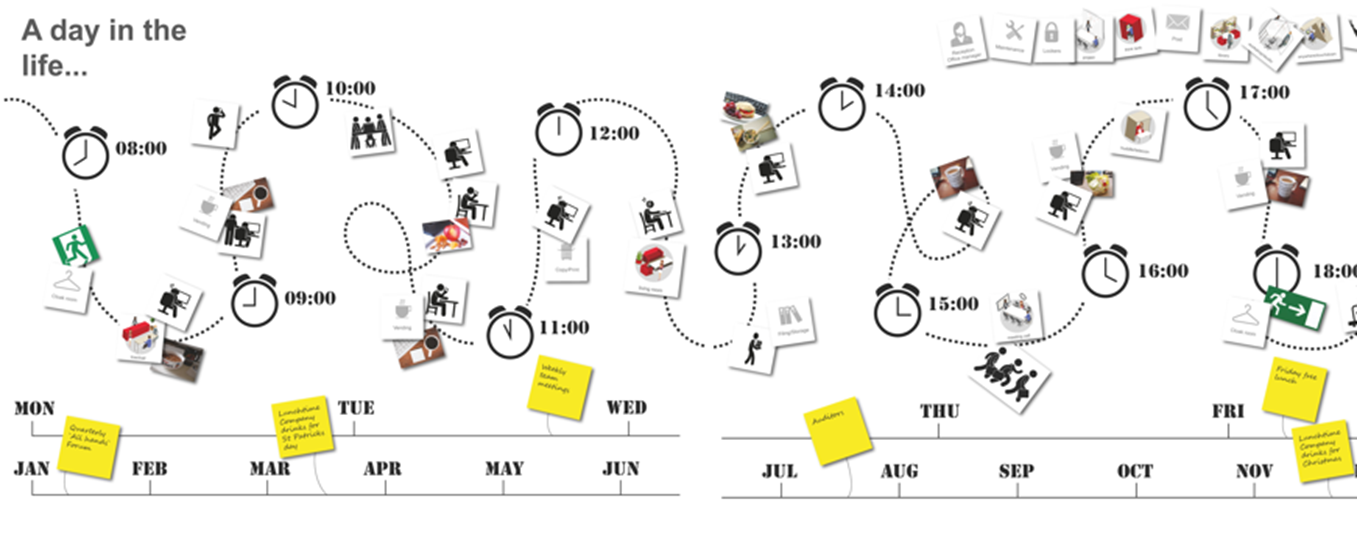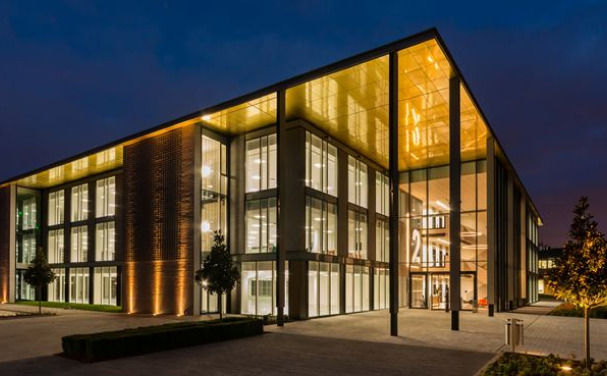This week is Loneliness Awareness Week which was set up by the Marmalade Trust to raise awareness of loneliness and help people make new friendships and connections. At Francis Hunter Group, we're concerned with how it impacts on our work with occupiers.
According to a UK Gov survey from 2017, the UK is the loneliest country in Europe. Britons also spend the most amount of time at work, clocking up more than 42 hours a week, according to a report earlier this year from Eurostat.
It's hard therefore, not to find a correlation between the two. In fact, a recent article in The Daily Telegraph led with the headline 'has hot-desking killed the work drink?' and looked at how we are witnessing a surge in workplace loneliness thanks to changes in office culture.
The article mostly blamed technology and flexible working for the increase in workplace loneliness but I believe these elements carefully integrated into the workplace design can help combat loneliness.
Our workspace design experts, Maze has seen the growth in the popularity of agile working. Agile working strategies gives people the chance to work in various locations ??" it is not hot-desking or a move to home working or an excuse to reduce space. In essence, the entire workplace becomes a work station and one of its main benefits is that it allows people to work in the best location for the task at hand, thereby increasing employee engagement and wellbeing, and hopefully reducing any loneliness people may feel as a result of their existing working conditions.
However agile working does require a top down and bottom up cultural shift. Where we've seen companies introduce agile working successfully is when all employees, from the managing director to the admin assistant, have been involved in the process from the start and where the correct technology and facilities have been introduced.
We can't all be Google and there is definitely no 'one size fits all' solution. Businesses need to evaluate their current working patterns and take work profiles, workplace occupancy and workplace tasks into consideration. This is a carefully thought out process that needs to be considered at the design phase to ensure team adjacencies are considered and the use of space is maximised.
Our experience shows that there are certain teams and tasks that might need a fixed workstation but other teams and tasks are better suited to different environments, be it a meeting room, huddle or elsewhere.
The key to the success of this approach is the neighbourhood strategy
Rather than a move to hot-desking, we believe occupiers will benefit from a neighbourhood strategy. This is where the space is zoned in terms of teams so staff still have a home, even if they don't 'own' a specific workstation. There are no boundaries from one team to the next which allows for fluidity across the workspace and there are shared work settings and central facilities throughout the space, which enables the social interaction people want ??" and need - from an office environment.
Research from the British Council of Offices shows that an office is never more than 85% full and with rents at an all-time high, there is a definite need for companies to look at new ways of working.
They just need to ensure it's the right solution for their business, otherwise loneliness will go up and productivity will go down and no amount of work drinks will fix that.








